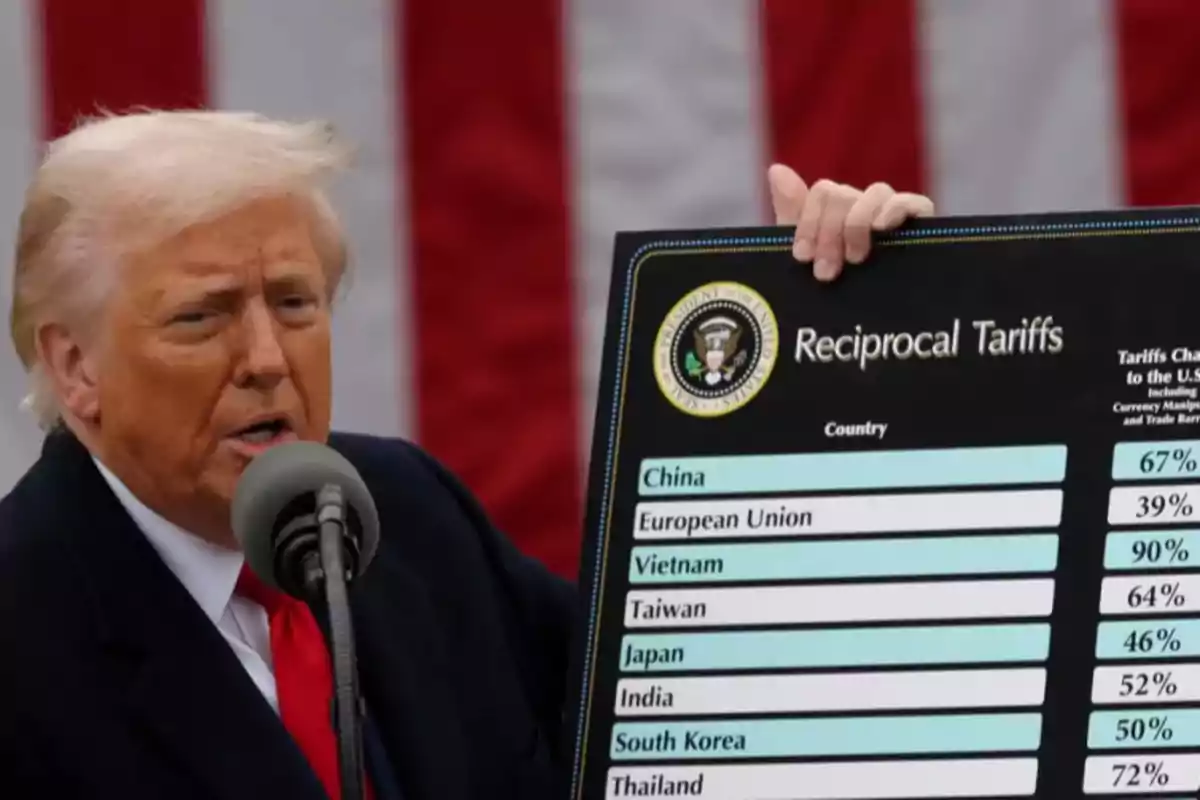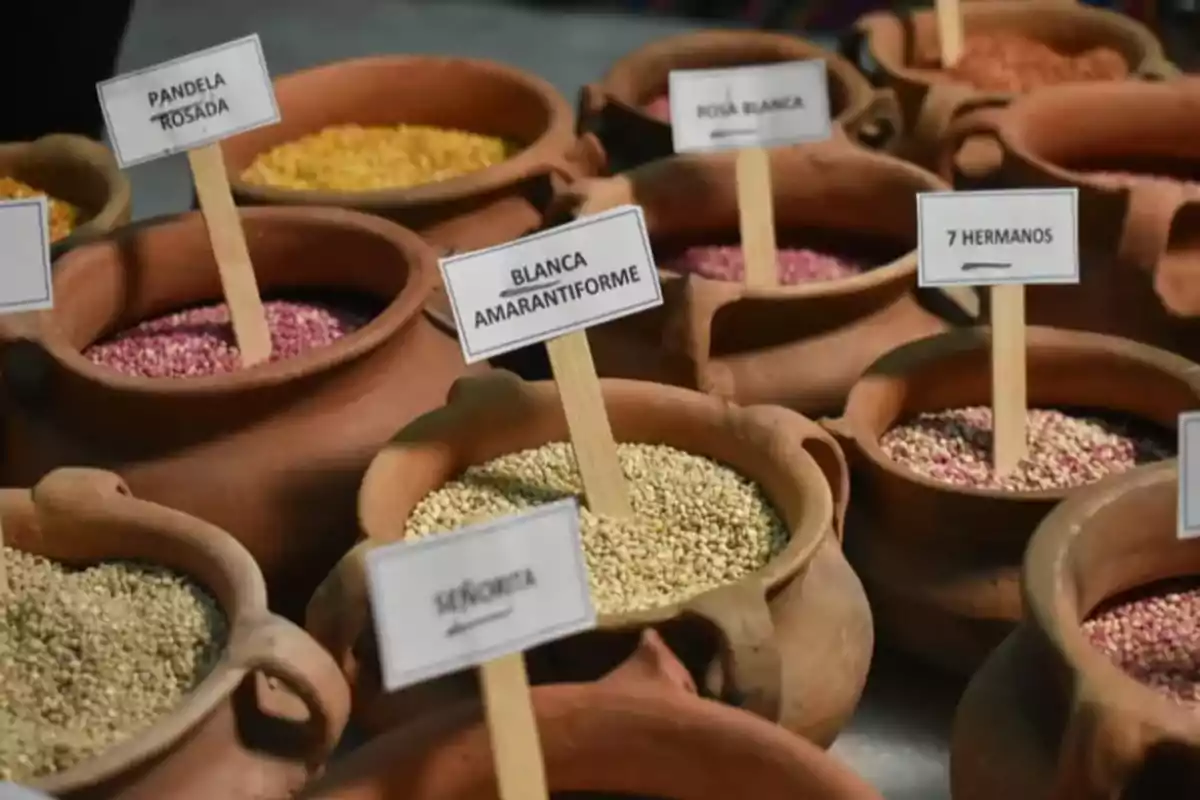
National businesspeople were concerned about the tariffs imposed by Trump.
Since April 3, Bolivian products entering the United States will have to pay the 10% tariff
The recent decision by President Donald Trump to impose a 10% tariff on Bolivian exports has caused alarm among the country's producers. Starting April 5, more than 200 national products will face this new tax burden when entering the North American market. Among the affected goods are tin, quinoa, Brazil nuts, and other export minerals.
According to the Bolivian Institute of Foreign Trade (IBCE), this measure will make Bolivian products more expensive. Businesspeople and analysts fear that this will weaken Bolivia's competitiveness compared to other countries. The measure is part of a "reciprocal tariffs" policy announced by Trump, which affects almost all of Latin America.
Mexico was exempted due to the USMCA treaty it maintains with the United States and Canada. Meanwhile, countries like Nicaragua and Venezuela will face even higher tariffs, 18% and 15% respectively. Bolivia was included in this list for applying a 20% tariff on US products.
The manager of IBCE, Gary Rodríguez, described the news as "sad" for Bolivian foreign trade and indicated that exports will become "uphill." In 2024, Bolivia exported 260 products to the United States worth 271 million dollars. The most important were tin, Brazil nuts, and quinoa.

The National Chamber of Exporters (Caneb) also expressed concern, stating that the United States is the 12th destination for Bolivian exports. Although it is not the largest market, it represents an important market due to its volume and purchasing power. Between January and November 2024, sales to that country reached 250.73 million dollars, with more than 52 thousand net tons shipped.
For Luis Fernando Romero, president of the College of Economists of Tarija, this tariff reduces competitiveness and will affect both foreign exchange income and Bolivia's positioning in the international market. He also recalled that the country no longer has the ATPDEA, a trade agreement with the United States that offered tariff preferences. This agreement was suspended in 2009 due to political and diplomatic decisions by the MAS government.
Last year, Bolivia imported more than 3,300 US products worth 809 million dollars. In comparison, its exports were significantly lower, and the trade balance with the United States has been negative since 2017 and continues in that trend. In 2023, the deficit reached 557 million dollars, and in January of this year, a negative balance of 26 million was recorded.
Did the MAS government not take precautions?

Trump justified his decision by stating that many countries have treated the United States unfairly. He claimed that his country has been a victim of disproportionate tariffs for years. In his speech, he stated that this day marked the "Day of Economic Liberation."
In essence, the measure seeks to favor US industry and producers. Trump pointed out that other countries can't be allowed to benefit without giving something in return. He emphasized that this policy is part of a strategy to rebalance global trade.
Bolivia had managed to position its quinoa production in the United States, but now it will have to compete with Peru and other countries that have lower logistical costs. Even the United States itself has begun to produce quinoa, which could replace Bolivian quinoa. The same goes for other products like Brazil nuts and coffee.
The new tariff could make these lose appeal compared to offerings from other regions. The loss of the ATPDEA remains a key point in this scenario, as the agreement allowed Bolivian products to enter without tariffs, especially in the textile and manufacturing sectors.
Since its suspension in 2009, exports to the United States have steadily declined. Although Bolivia still accesses some benefits from the Generalized System of Preferences (GSP), it expired in 2020. Since then, it has not been renewed, and its reactivation is uncertain.
Experts believe that applying a reciprocal measure would not be favorable for Bolivia. Since the country imports a large number of US goods, responding with tariffs could make them even more expensive.
This would affect the final consumer and also the productive apparatus, which depends on imported inputs. Additionally, the dollar market in Bolivia already presents tensions that complicate international transactions. In this context, a "trade war" would be detrimental to the country.
The MAS government did not seek solid trade agreements with the United States in the past, wasting opportunities like the ATPDEA and maintaining an ideological stance that isolated the country from key markets. Now, with the imposition of 10% tariffs, the lack of foresight and strategy leaves Bolivian exporters at a disadvantage. While other countries have negotiated treaties that allow them to maintain preferential access, Bolivia faces an uncertain outlook due to the lack of management.
More posts: